Home > Blog > The World of Commedia dell'Arte
The World of Commedia dell'Arte
Posted on 17/07/2014, BY HKYAF
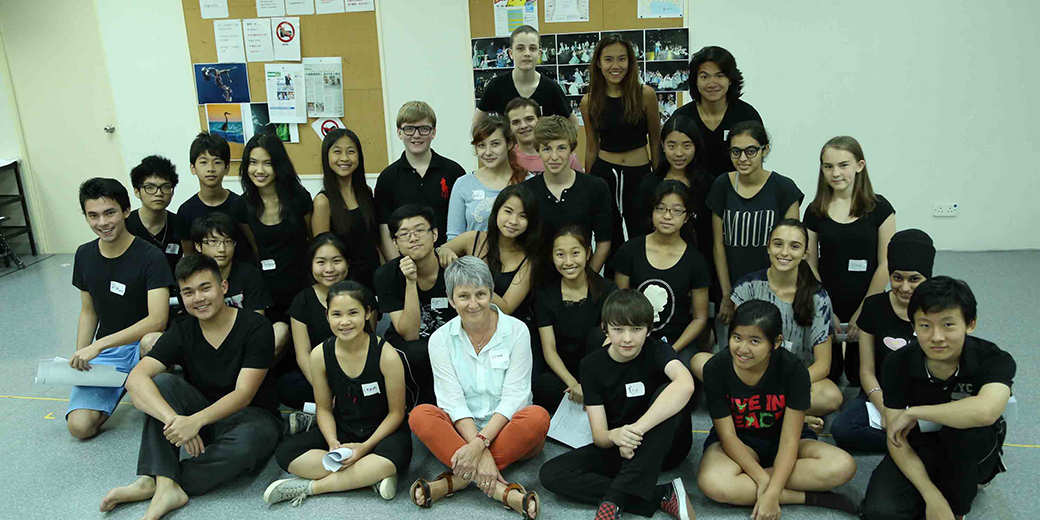
Subscribe to our Blog Via Email
Enter your email address to follow this blog and receive notification of new posts by email...
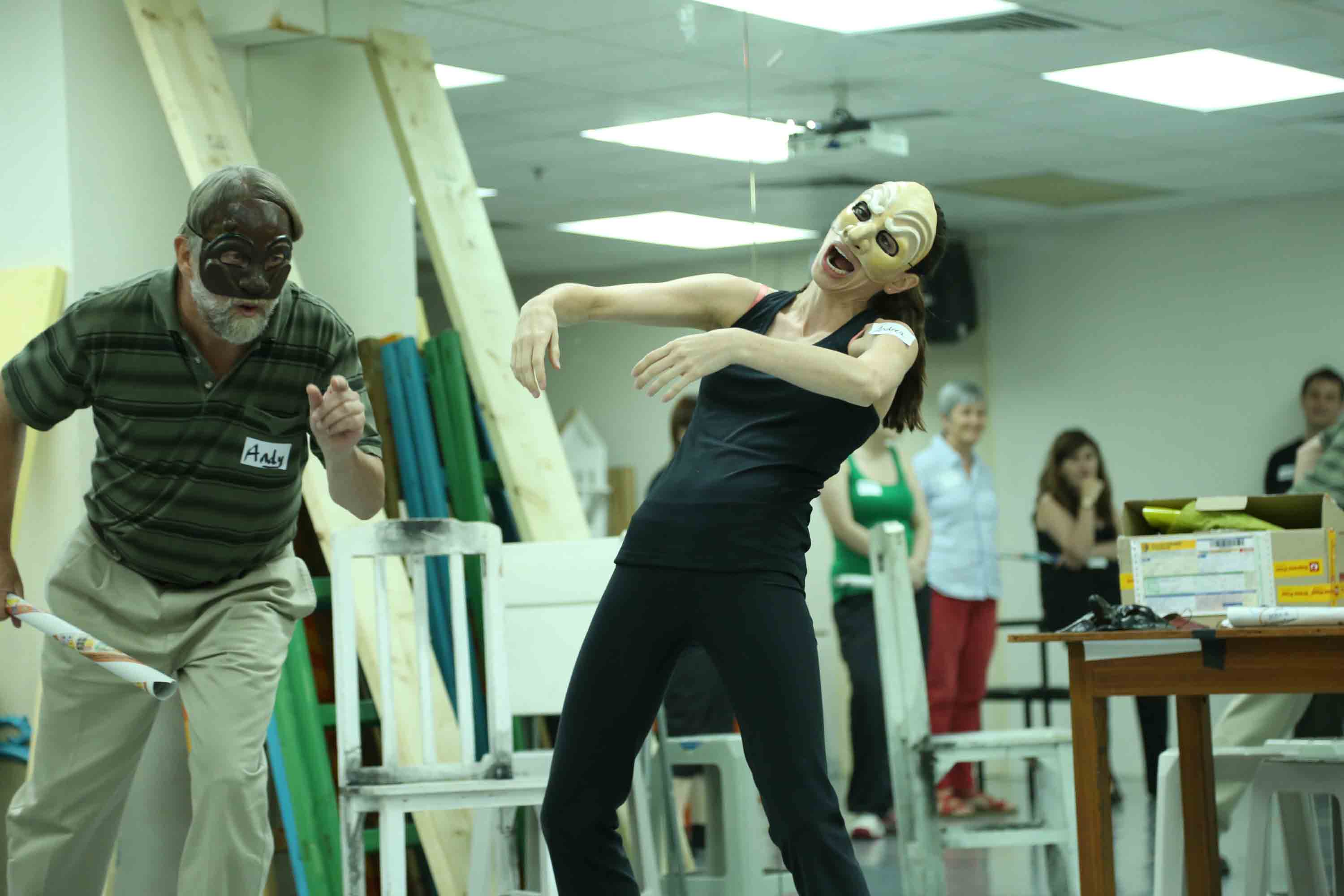 We want to say a big thank you to all those who came to our Commedia Dell’Arte teacher and student workshops! And of course an even bigger thank you to Joan Morgan, who so brilliantly led them! If you missed the workshops, fear not - read on as we talk more to Joan about this wonderful comedic artform. You can also check out photos from the teacher workshop here and the student workshop here.
We want to say a big thank you to all those who came to our Commedia Dell’Arte teacher and student workshops! And of course an even bigger thank you to Joan Morgan, who so brilliantly led them! If you missed the workshops, fear not - read on as we talk more to Joan about this wonderful comedic artform. You can also check out photos from the teacher workshop here and the student workshop here.
Joan, what inspired you to explore Commedia Dell’Arte initially?
I have always had a love for all things Italian. I first discovered Commedia when I saw a production of The Servant to Two Masters in Adelaide, Australia many years ago. It revolved around food, Italy and Drama, so I was hooked. These three things are my passions!
What are the benefits / unique characteristics of learning this artform?
Commedia is a very physical form of theatre, which feeds into all forms of comedy. It is a great way to get young people to explore body language, use of masks and improvisation all in the same form. Masks allow people to physicalise their movements to a heightened level and the improvisation element allows students to explore their spontaneity and develop their playbuilding skills.
How has Commedia Dell’Arte changed over the years?
Much has changed over the years in the comedic style, of Commedia dell' Arte, but traditional companies still work in Italy and other countries. People like Dario Fo have taken Commedia to new heights in the 20th century with their exploration of humour incorporating, politics, physical comedy and circus. The form itself has some set characteristics but evolves all the time because it is improvisational.
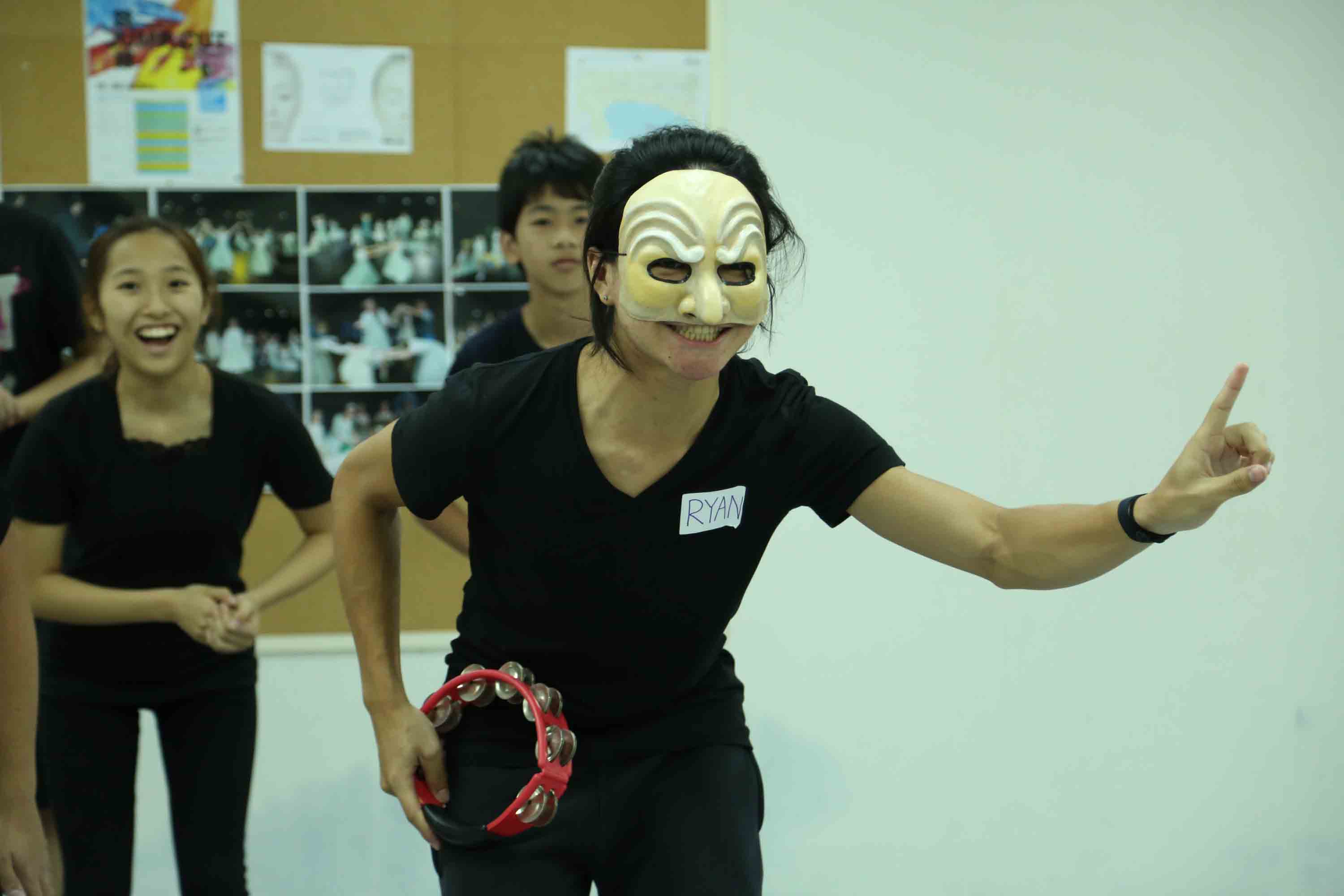 How has Commedia Dell’Arte been integrated into modern day entertainment?
How has Commedia Dell’Arte been integrated into modern day entertainment?
There are many contemporary artists and stand up comics who employ Commedia dell'Arte characteristics, including Rowan Atkinson, Monty Python, Charlie Chaplin in the early 20th century and many others. Slapstick, which comes from Commedia still exists in many forms of physical theatre including circus and stand-up. We still laugh at others' misfortunes and when people fall over or are beaten with a slapstick, we enjoy it vicariously. Shows like The Simpsons, Fran The Nanny, Monty Python's Flying Circus and others all borrow from the stock characters and mayhem of Commedia and its exaggerated forms of comedy.
For young people who are interested in Commedia Dell’Arte, what is the best way to explore it (in Hong Kong)?
There do not seem to be many practitioners of this form in Hong Kong, however when I went to the Cantonese Opera, I noticed how some of the physical gags and movements were very similar to western comedy. I believe there are some schools teaching small units on this form as part of their drama courses and Dr Peter Jordan at City University is an expert. The HKAPA have sometimes invited Commedia experts to work with their students.
What’s your favourite Commedia Dell’Arte character/personality and why?
My favourite character is the unmasked female servant Columbina. She is in charge and is able to manage and manipulate all the masters and other servants; she is witty, attractive and clever.





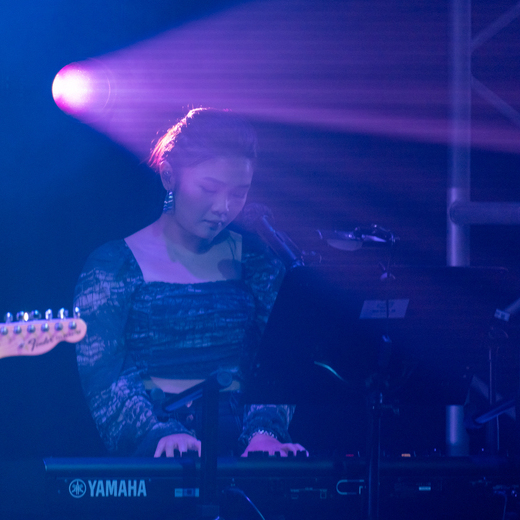
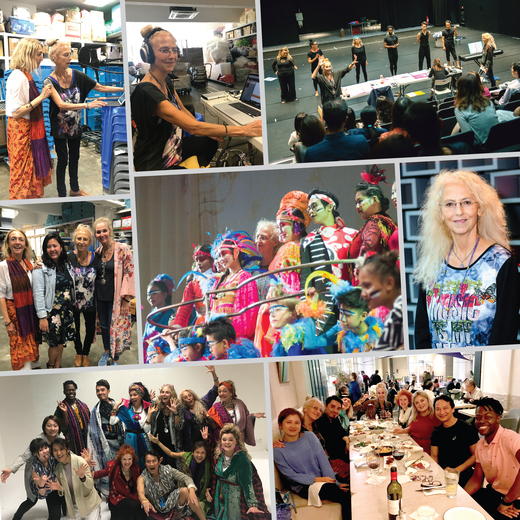

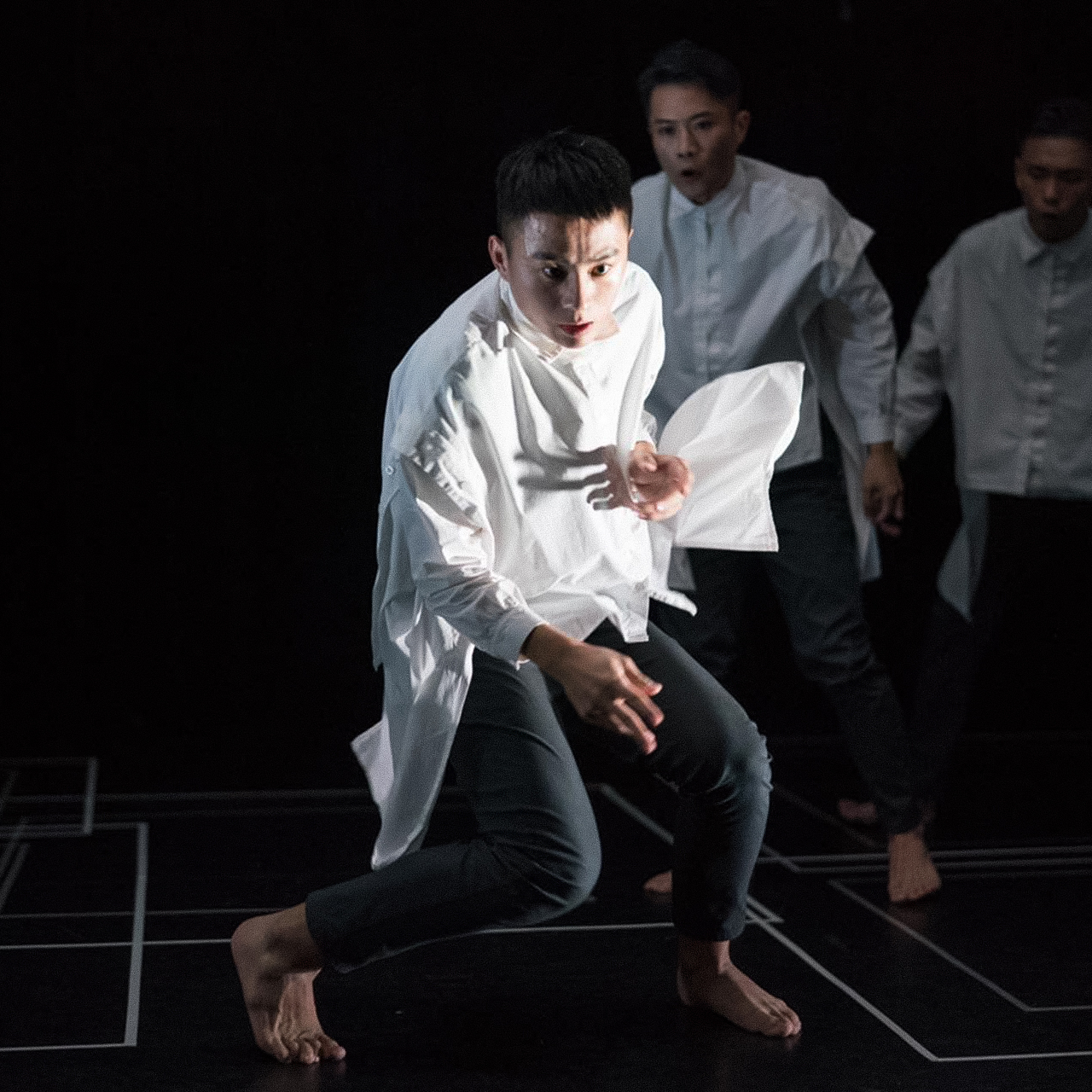

Comments